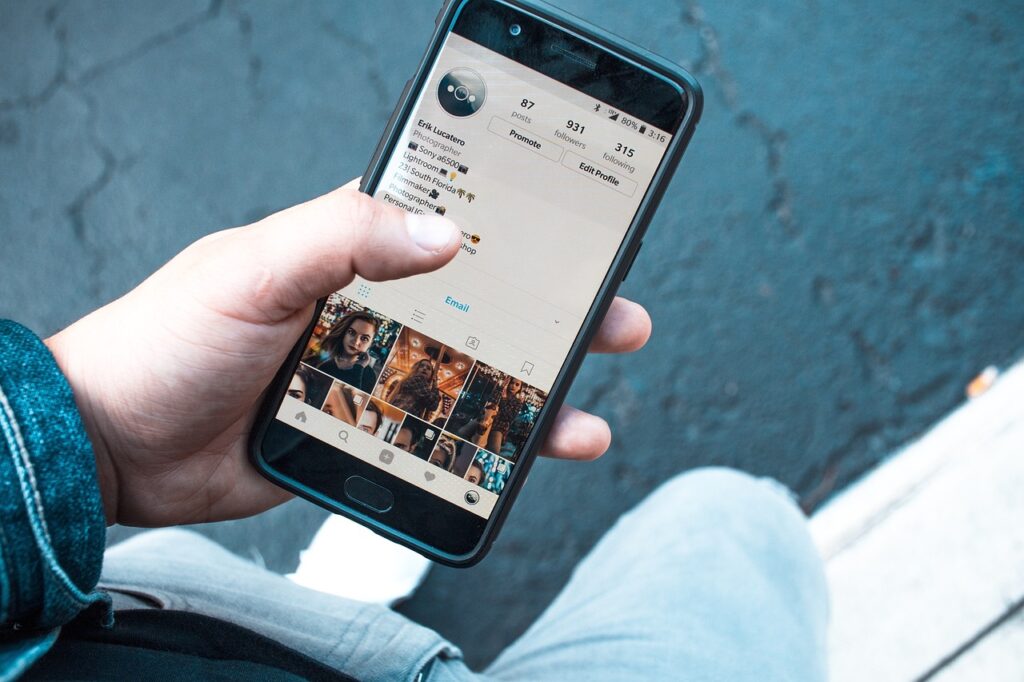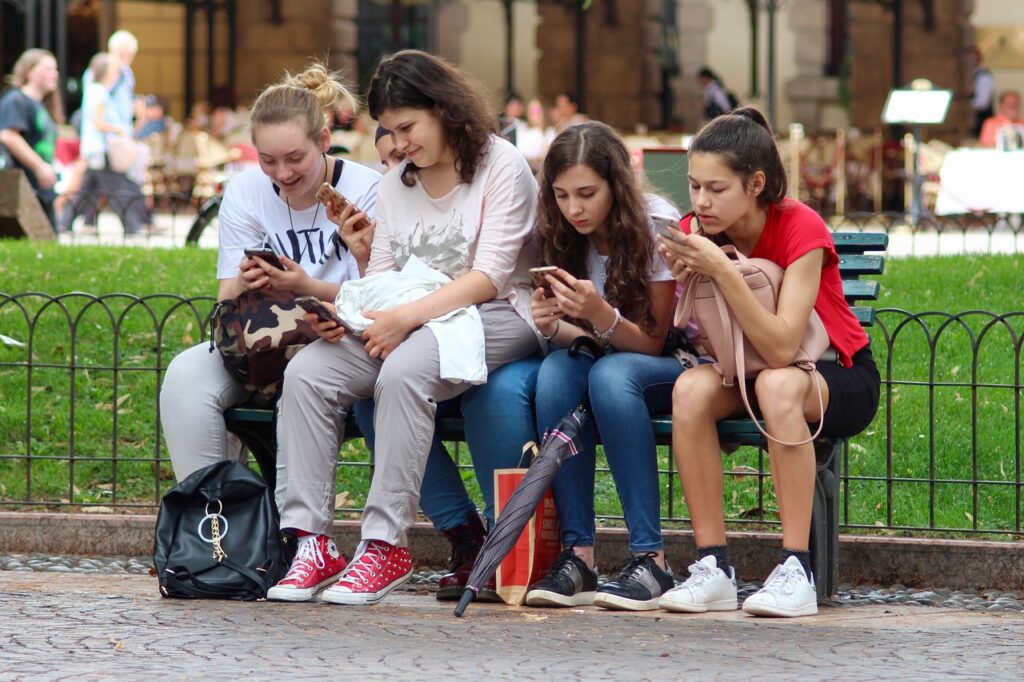Written by Tamara Sioui, PBGH Intern from Duquesne University
Although a lot of technology has become incredibly advanced, in the grand scheme of things, it is still incredibly new. These fast-paced advancements definitely have their upsides, considering how technology helps medicine, scholars, as well as regular people. The developments that have been made have made the world a better place, but there are drawbacks as well.

Young generations such as Millennials and Generation Z have been exposed to substantially more technology because of when they grew up. It is important to look at how these generations may be different or how they may struggle due to the large amount of media consumption they have had from a young age.
Social media is becoming wider spread, with more platforms opening and younger and younger people starting to use them. Social media is yet another thing that brings people together. If it is used properly, it can combat feelings of loneliness and isolation. The COVID-19 pandemic made social media much more popular among all generations, as a way to stay in touch with friends and family, even if people could not be physically together. However, the young people using these platforms are easily impressionable and using apps such as Instagram, Facebook, Snapchat, etc. can create issues with life satisfaction, mental health, and overall wellbeing for this age group.
The Surgeon General recently released an advisory on May 23, 2023 about the impact that social media has on adolescents between the ages of 8-19. According to this release, and in line with much of the research that has been done, the benefits of social media are certainly accompanied by problems with well-being and mental health. Specifically going into brain development, when looking at adolescents from age 10-19, this is a critical time for growth and development. The Surgeon General points out that this period of time is when adolescents are making more risky behaviors, having fluctuations in feelings of well-being, and when many struggles with mental health some to the surface. This vital time where young people start figuring out who they are and how they want to move through life is now being affected more by social media. Pressure from others, opinions, and being compared with others rose substantially through the use of social media, making it difficult for this age group to truly find who they are and how they want to move through life. Physiologically, the advisory addresses the association of social media and changes in the amygdala, which is important in emotional learning as well as the prefrontal cortex, which helps with impulse control, emotional regulation, and moderating social behavior. These areas of the brain are particularly susceptible to the emotions and stress that may come from extensive social media use.
The changes in social media use during this time, as mentioned previously, seems to have a direct impact on mental health struggles such as depression and anxiety. At the very least, loneliness is a concern, which can lead to more serious mental health issues. According to Jean Twenge in an article done by NPR, increased smartphone use in 2012 led to an increase in loneliness as time went on. After several years, Twenge has seen an increase in rates of depression as well and sees a link to social media causing more depression, particularly in teens. Twenge points out that social media use is having an impact on adolescents’ sleep as well. Many people in this age group are spending much more time on social media, allowing it to cut into precious hours of sleep. Instead of getting closer to nine hours, many young people are opting to stay on their phones later and end up getting around seven hours of sleep per night. Developmentally, this is a large concern, as sleep is when the body “recharges”, the brain has time to connect ideas and thoughts. Without the right amount of sleep, a growing brain and body will begin to have fallbacks in other areas of life. This is a risk factor for higher rates of mental health struggles and there are already plenty of statistics that show this alarming issue.

With all of this being said, there are ways to protect adolescents from some of the harms of social media. Mayo Clinic reviews ways that parents and caregivers can help adolescents use social media responsibly. There are limits that can be set, such as not using social media past a certain time and putting the phone away during homework time. Parents also have the ability to monitor accounts and check regularly. As long as the teen is aware of this, it can be a good way to help them stay safe. There are certain discussions that may help an adolescent gain confidence to do what is right, such as talking about not gossiping or spreading rumors. Teens need to know the ways that this can affect someone and that there are some things that should not be put online. It is important to encourage adolescents to be with friends in person instead of communicating online as much. If possible, guardians should help them spend time with others to combat mental health struggles associated with loneliness. Lastly, talking about social media habits and keeping the line of communication open, without judgment, is important. Teens need a safe space to talk, and social media should be a discussion to avoid problems in the future.
It is clear that social media has strong effects on young people, but it can be used to the benefit of society as well. While adolescents are at risk for developing mental health issues due to extensive social media use, there are ways to combat this and ensure that rates of loneliness and depression among people in this age group decrease. The developing brain absorbs so much in a small amount of time, so focusing on this age group is becoming increasingly important as trends in mental health issues continue to rise. The Surgeon General’s recent advisory is an important step towards paying more attention to this problem and ensuring that the young generations get the help and support that they need during this time of growth and development. By examining this issue now, there is a good chance that through good guardian support, adolescents will be better able to manage social media use and what may come with it.
References:
https://www.npr.org/sections/health-shots/2023/04/25/1171773181/social-media-teens-mental-health
Post a Comment